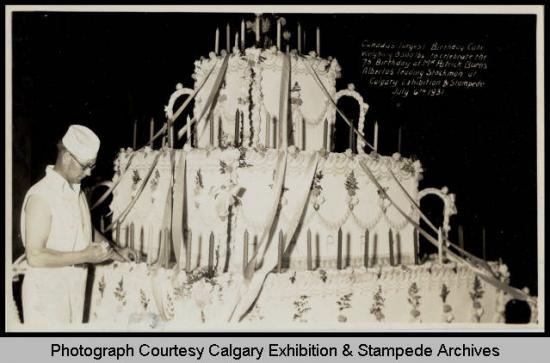
Keep on keeping on
I have been a peace campaigner more or less continuously since I was imprisoned as an unconditionalist conscientious objector from September 1954 to January 1955, and over nearly 60 years have learned the necessity of keeping on keeping on. Many in the peace movement fall by the wayside. Some – and this is particularly true of politicians – end up as enemies of the movement they once supported; others, perhaps even more inexplicably, without any change of belief, after a period of activity suddenly decide they have had enough, and are never seen again.
To ensure that this does not happen in your own case, you must pace yourself, decide what volume of activity you can sustain while still leading a normal life, and stick to it over decades. Otherwise you are likely to burn out.
Brian Haw, whose death has saddened me and, I am sure, many others as well, was unique in that only death could end his total commitment to working for peace no matter what the personal cost. That is why he was a great man.
You must always be sure, too, exactly where you stand, trying to be as consistent as possible, and being able to consider and if necessary rebut arguments which can be brought against your position. There is a great deal of official hostility to anyone working for peace, as Brian Haw himself experienced. He suffered constant persecution as the authorities tried by hook or by crook to terminate his protest, and he suffered physical violence too: he was thrown down by the police and was on crutches as a consequence. A peace campaigner has only staunchness, consistency and rational argument in his or her favour.
When I went to prison as an unconditionalist, who would neither work in a hospital nor in forestry, I found I could be written off as someone who would not serve his country in any capacity. But I observed that a trick was being pulled: by christening conscription “national service”, the main question was being effectively begged. I observed too the significant fact that conscripts who were rejected on medical grounds were not required to do two years working in a hospital or wherever, though they were perfectly capable of doing so.
I remember my mother being puzzled at the stand I took, but she soon saw the point when I said: “If I am asked to kill Mr Dawson (our next door neighbour), I don’t say: ‘I won’t do that, but I’ll do something else instead’.”
I simply did not recognise the right of the state to try to force me or anyone else to learn to kill other people, particularly when at that time you could actually be hanged for killing another person when the state did not require you to do so. The state had no consistent moral or rational position.
Although I am a pacifist, and I can see that the logic of my position requires me to be opposed to abortion as well, I early saw that to work with wholly pacifist organisations like the PPU or the probably-now-forgotten Fellowship Party was not the way forward, and that I would have to work with non-pacifist peace organisations like the Campaign for Nuclear Disarmament, the Campaign for Peace in Vietnam and later Stop the War, which had potentially a much greater purchase on public opinion than the PPU could ever have.
But that meant that there was also potential tension as to what the limit to my co-operation would be. This was particularly true with regard to the Campaign for Peace in Vietnam, many of whose members were simply calling for a military victory for the other side. Later campaigns like Stop the War have been more wary and it would now be unthinkable for anyone on a peace march to shout “Victory to the Taliban” as they once shouted “Victory to the Viet Cong.”
Looking back at what I was doing during the week when Peace News celebrated its 75th birthday, I see that on 10 June I attended a meeting of Bolton Stop the War/Campaign for Nuclear Disarmament, of which I was for many years Secretary-Treasurer. Among our decisions were: to make arrangements for some of us to go to Menwith Hill on 4 July; to appoint a delegate to Bolton Trades Union Council; and to attend an anti-cuts meeting to be held the following week at which we would distribute some ant-Trident leaflets and get some signatures for the World Court Projects attestation against nuclear weapons.
During that week, I also wrote on my own responsibility to Timothy Garton-Ash and Kate Allen, director of Amnesty International, objecting to their uncritical acceptance of the objectivity of the international criminal court. For, however much a Mladic might deserve to appear before it, it is essentially a tool of the west: no citizen of the US, of Israel or of a NATO country would ever be indicted to appear before the international criminal court, no matter what crime they had committed. This is conclusively demonstrated by the fact that the west will not even admit that Hiroshima was a war crime at all, though it certainly was a far worse crime than 9/11.
I see the countering of misinformation and bad arguments as part of my peace campaigning. I seldom get any sort of answer, let alone an adequate one, but I nonetheless think it is important to do this kind of work.

